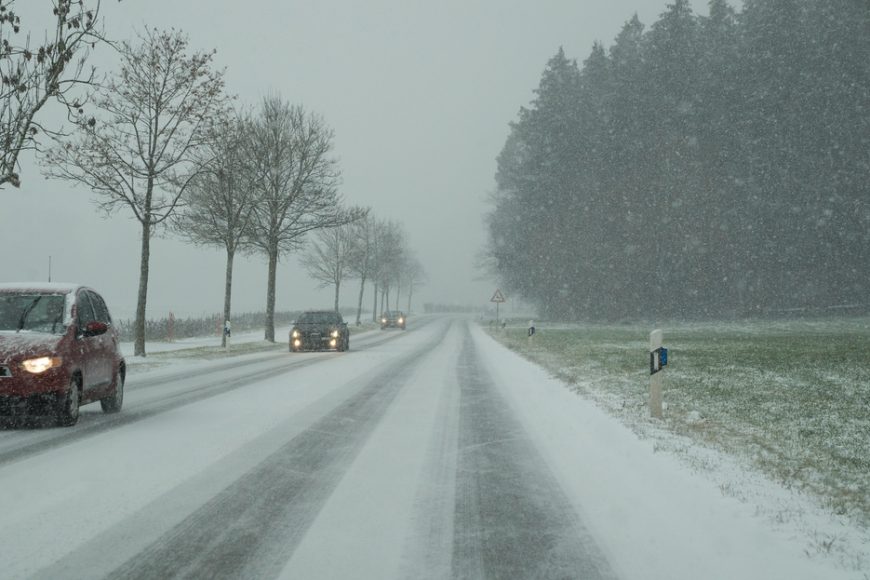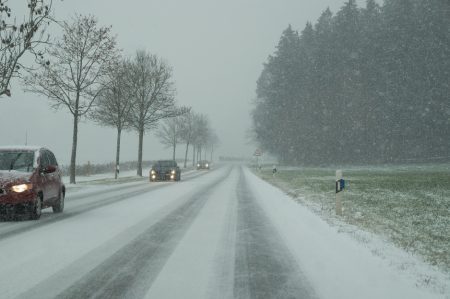- January 3, 2020
- By Auto Repair Shop Fraser 48026
- In Auto TIps
- Tags Road Salt, Rust
- 1008
- 0

The Pros and Cons of Road Salt – Protecting your car from the salt that protects the roads

Fortunately, each locale’s departments of transportation are prepared and positioned to tackle winter roads so residents have the best opportunities to carry on with their days. They plow, sand, and salt the roads so drivers are safer as they strive to get to and from where they need to be.
Salt was designed to make roads safer. The chemical reaction it prompts lowers the freezing point of water which melts ice and allows the car’s tires to get better traction. Salt minimizes the chances of sliding on ice-covered roads.
Salt is a very good thing for icy and snowy roads, but it isn’t necessarily good for your car.
Salt helps the snow and ice melt and – when combined with sand – salt offers increased traction. However, the salt accumulates on your car and it needs to be removed in order to preempt rusting and rust damage. Another aspect of your car that can be harmed by road salt is your brake lines.
In order to understand why cars, rust from salt exposure you need to understand that precipitation water (rain and snow) contains oxygen and carbon dioxide. When a car’s metal parts are exposed to precipitation water and then with the free-radical ions in road salt – the rusting process accelerates. When all of these elements are exposed to oxygen for a long time, rusting happens.
Basically, salt is corrosive and will eventually cause your car to rust.
Bottom line: Wash your car often throughout winter. But follow these guidelines.
As soon as you are able, get your car washed after any type of ice or snowstorm. But don’t overdo it. It is not recommended to have your car washed every week – try to space them out at least 10 days.
Don’t get your car washed in temperatures under 40. Ideally, you want the temperature to be over 40 when you get your winter car washes.
Wash your car during the day. You want to give your car the best possible chance to become totally dry before the evening temperatures get colder.
After you’ve washed your car, go around it and open and close the trunk, hatch, and all doors. Work the door locks many times. It’s important that you do this exercise immediately after getting your car washed so the doors don’t freeze shut.
One final winter driving tip – don’t drive in the snow that is really deep. It tends to pack along the car’s bottom which can escalate rusting and make driving more hazardous.
Car Guys Auto Center is located at 32639 Groesbeck Hwy., Fraser. Give us a call for all your auto repair needs at 586-285-4444.


